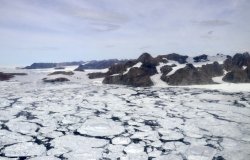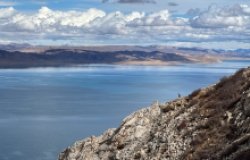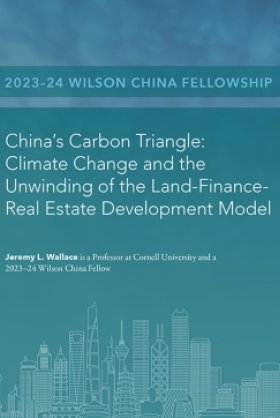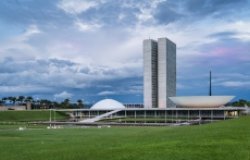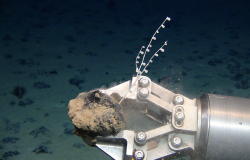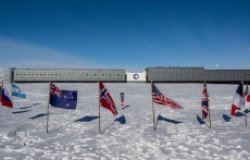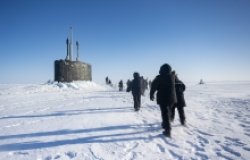Shutterstock
The Rules-Based Order in Antarctica and Global Challenges
Overview
On September 27 and 28, the Wilson Center, in partnership with the National Oceanic and Atmospheric Administration, the US Coast Guard, US Department of State, Battelle, Lindblad Expeditions, and Hurtigruten Expeditions, hosted the first-ever conference on Antarctic policy in Washington, DC, with the aim of elevating dialogue on Antarctica’s connection to key US national interests.
Speakers and panels explored the future of Antarctica and its treaty system in the face of global competition and attempts to undermine the rules-based order. The crucial role of Antarctica and the Southern Ocean in global climate were discussed, as well as key policy issues relating to fisheries, tourism, conservation, and scientific research. The conference raised awareness of core US national interests in Antarctica, and highlighted urgent priorities for the US to retain its leadership and build key relationships to meet urgent challenges.
Featured speakers included Senator Sheldon Whitehouse, Vice Admiral Peter Gautier (US Coast Guard), Deputy Administrator Jainey K. Bavishi (NOAA), and Major General Denise Donnell (New York Air National Guard). Please see the full agenda beneath the video recaps.
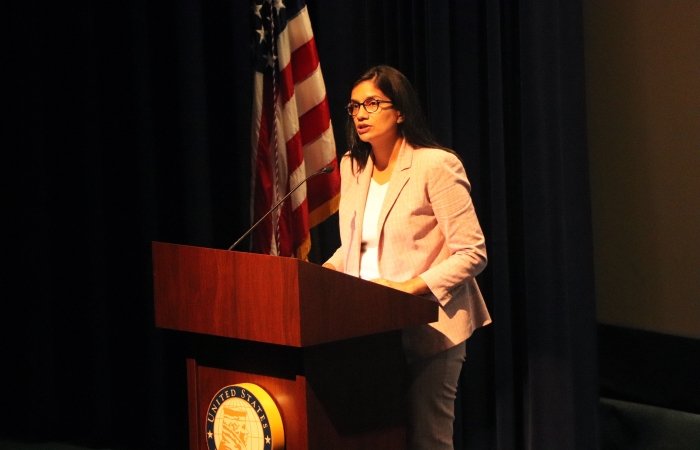
Video Recap
Day 1 Morning Sessions
The morning of Day 1 included the "Geopolitics and Competitors in Antarctica" and "U.S. National Interests in Antarctica" panel sessions and keynote remarks from Jane Lubchenco, Cassandra Brooks, and Jainey Bavishi.
View the Video Recap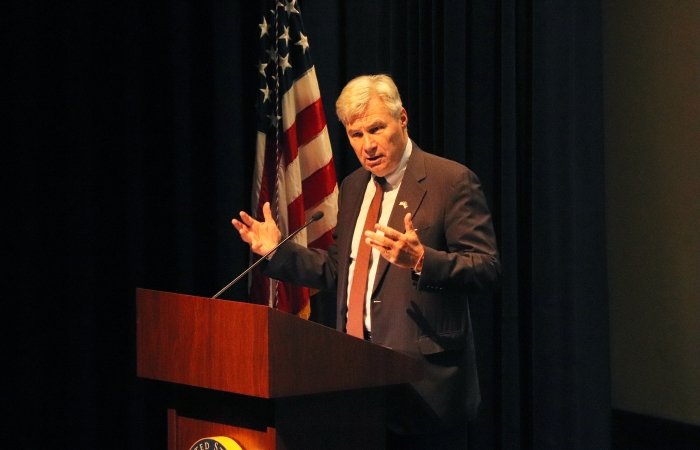
Video Recap
Day 1 Afternoon Sessions
On the afternoon of Day 1, Senator Sheldon Whitehouse provided keynote remarks in between the "Upholding the Rules-Based Order in Practice" panel and the "Antarctic Ice, Ocean Circulation, Polar Satellites, and Global Climate" panel.
View the Video Recap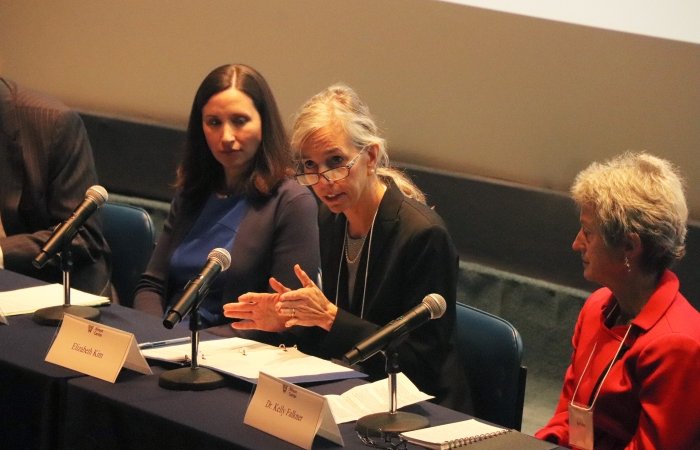
Video Recap
Day 2 Morning Sessions
"View from the Bridge: Antarctic Icebreaker Operations" with CAPT Kenneth Boda and and CAPT Keith Ropella kicked off the morning of Day 2, followed by the "Exploring Tourism, Access, Safety, and Awareness" panel and the "Fireside Chat: Critical Capabilities Enabling the US Presence in Antarctica" with Maj. Gen. Denise Donnell and Mike Emerson.
View the Video Recap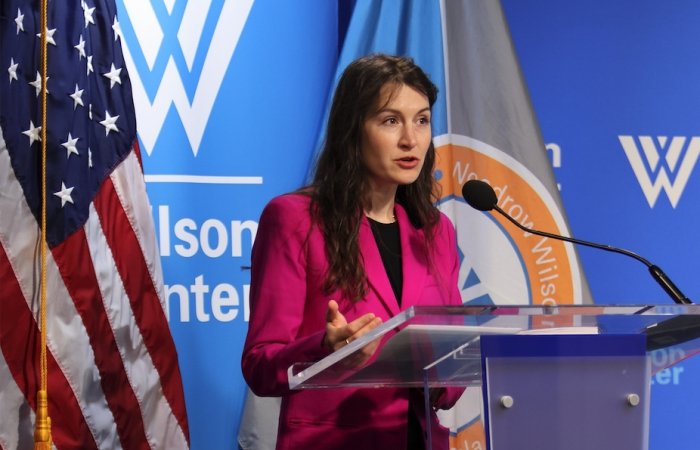
Video Recap
Day 2 Afternoon Sessions
The afternoon of Day 2 included keynote remarks from VADM Peter Gautier and the "Partners and Relationships" and "From Whales to Krill: Conservation, MPAs, and the Environment" panels.
View the Video RecapAgenda
Day 1 Agenda
0900 to 0915 | Opening Keynote
0915 to 0930 | Keynote
0930 to 1040 | Panel: Geopolitics and Competitors in Antarctica
1100 to 1115 | Keynote Remarks
1115 to 1215 | Panel: U.S. National Interests in Antarctica
1335 to 1430 | Panel: Upholding the Rules-Based Order in Practice
1440 to 1500 | Keynote Remarks
1520 to 1620 | Antarctic Ice, Ocean Circulation, Polar Satellites, and Global Climate
Day 2 Agenda
0900 to 0930 | View from the Bridge: Antarctic Icebreaker Operations
- CAPT Kenneth Boda
- CAPT Keith Ropella
0930 to 1030 | Panel: Exploring Tourism, Access, Safety, and Awareness
1050 to 1140 | Fireside Chat: Critical Capabilities Enabling the US Presence in Antarctica
1300 to 1315 | Keynote Presentation
1315 to 1415 | Panel: Partners and Relationships
1415 to 1515 | Panel: From Whales to Krill: Conservation, MPAs, and the Environment

Wilson Center
Hosted By

Polar Institute
Since its inception in 2017, the Polar Institute has become a premier forum for discussion and policy analysis of Arctic and Antarctic issues, and is known in Washington, DC and elsewhere as the Arctic Public Square. The Institute holistically studies the central policy issues facing these regions—with an emphasis on Arctic governance, climate change, economic development, scientific research, security, and Indigenous communities—and communicates trusted analysis to policymakers and other stakeholders. Read more

Environmental Change and Security Program
The Environmental Change and Security Program (ECSP) explores the connections between environmental change, health, and population dynamics and their links to conflict, human insecurity, and foreign policy. Read more

Latin America Program
The Wilson Center’s prestigious Latin America Program provides non-partisan expertise to a broad community of decision makers in the United States and Latin America on critical policy issues facing the Hemisphere. The Program provides insightful and actionable research for policymakers, private sector leaders, journalists, and public intellectuals in the United States and Latin America. To bridge the gap between scholarship and policy action, it fosters new inquiry, sponsors high-level public and private meetings among multiple stakeholders, and explores policy options to improve outcomes for citizens throughout the Americas. Drawing on the Wilson Center’s strength as the nation’s key non-partisan policy forum, the Program serves as a trusted source of analysis and a vital point of contact between the worlds of scholarship and action. Read more
Thank you for your interest in this event. Please send any feedback or questions to our Events staff.



